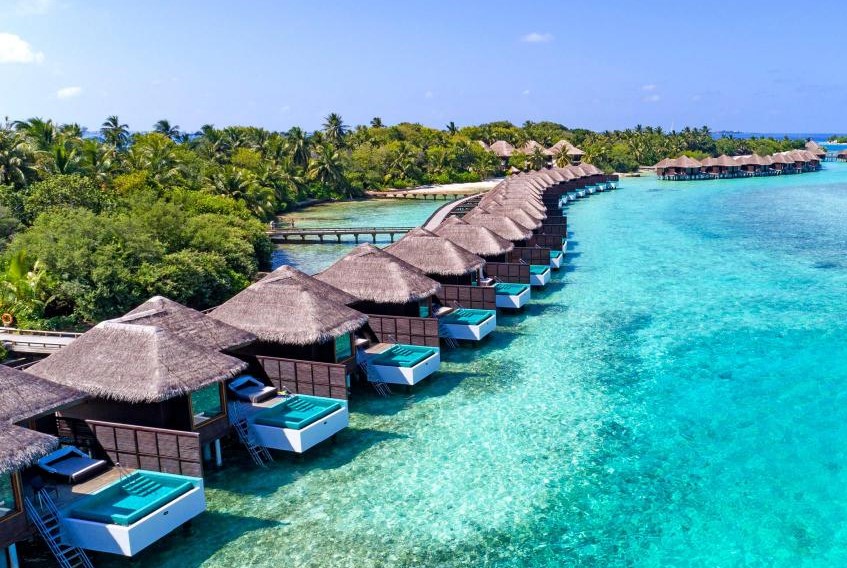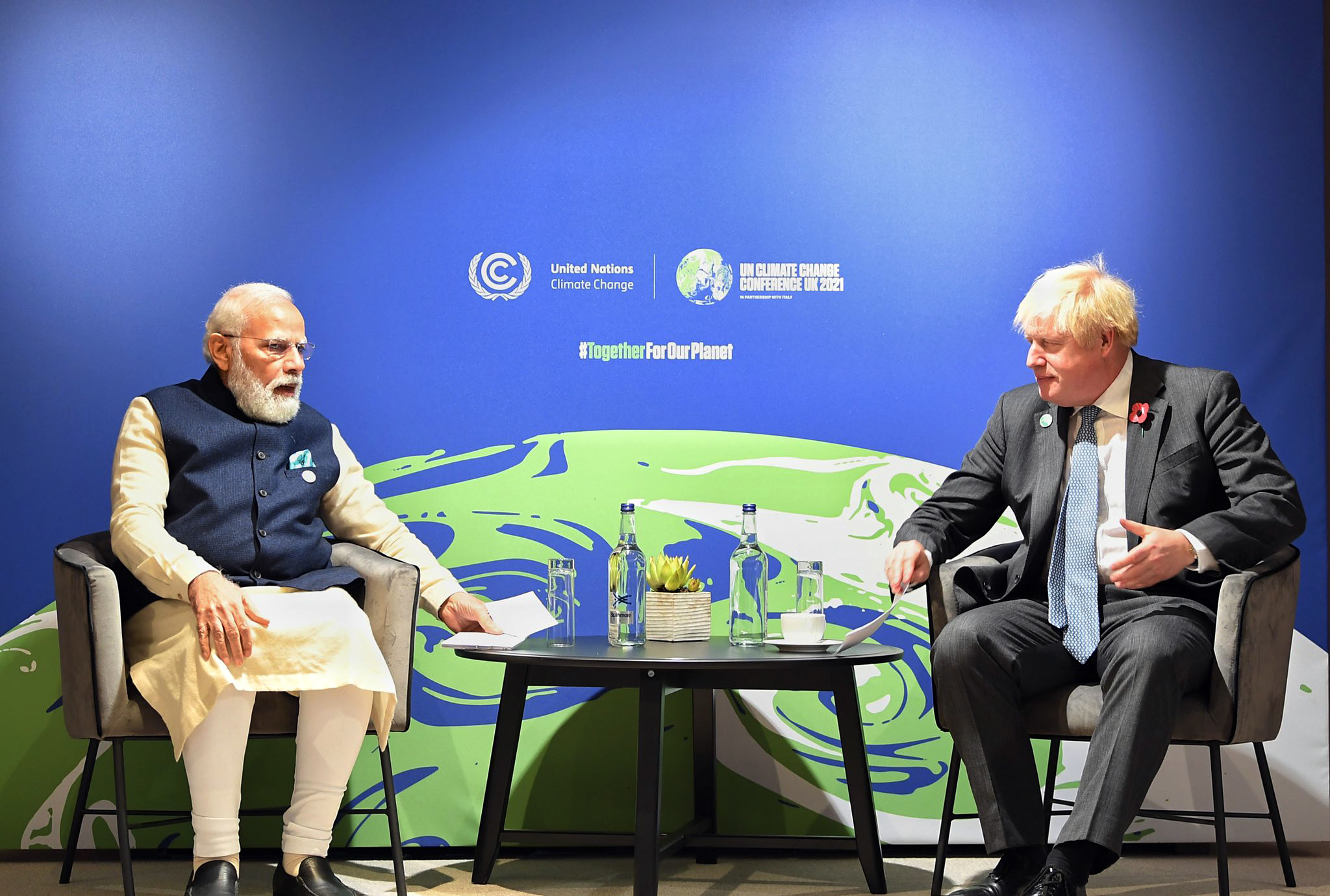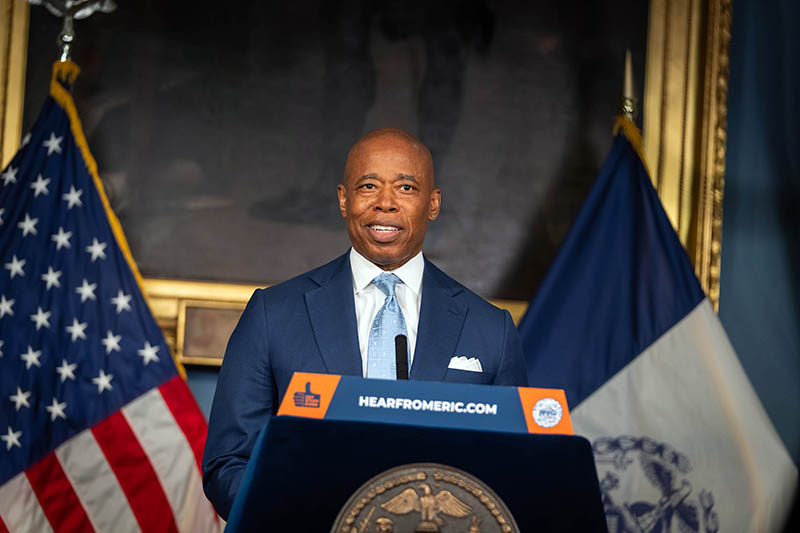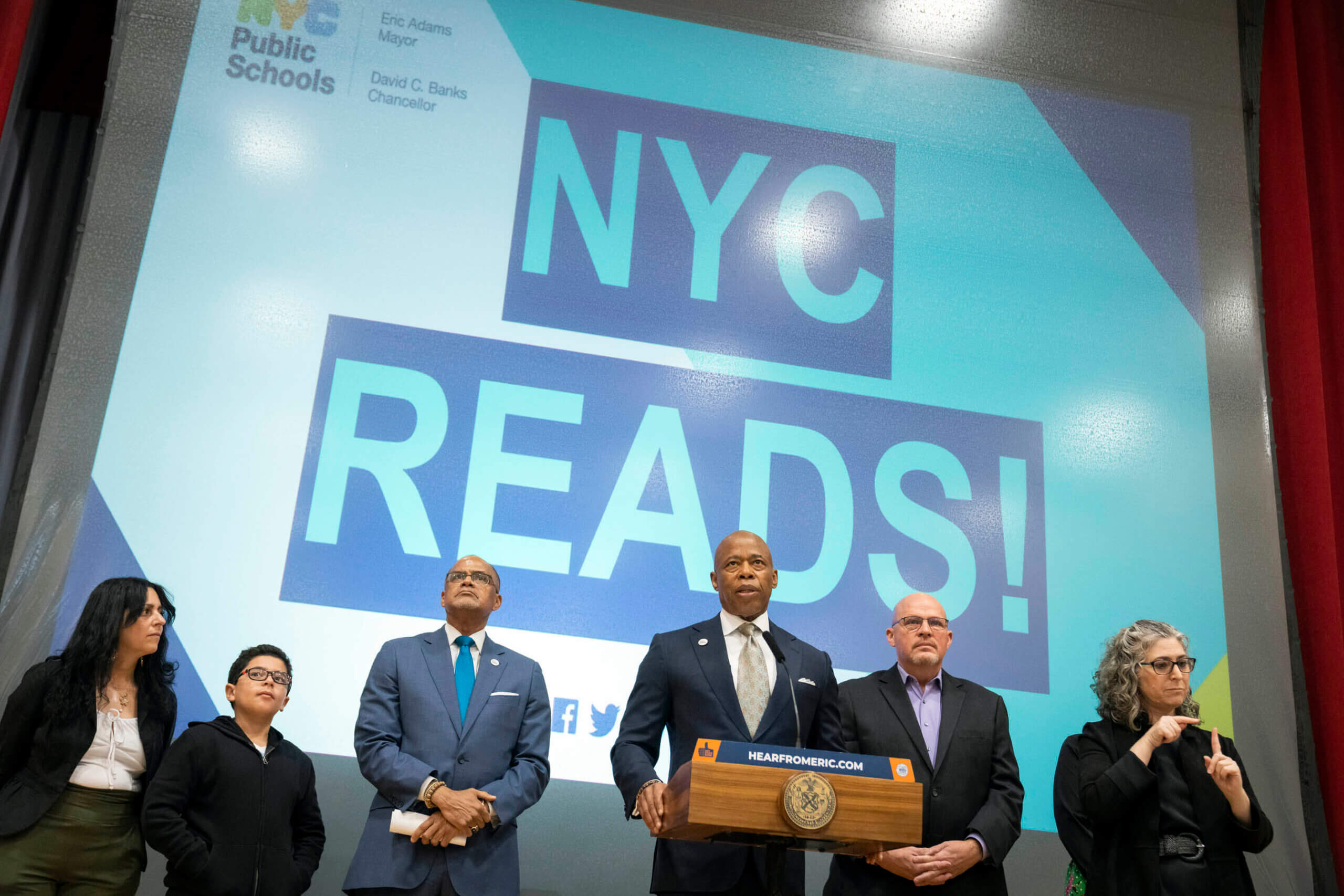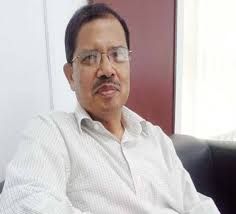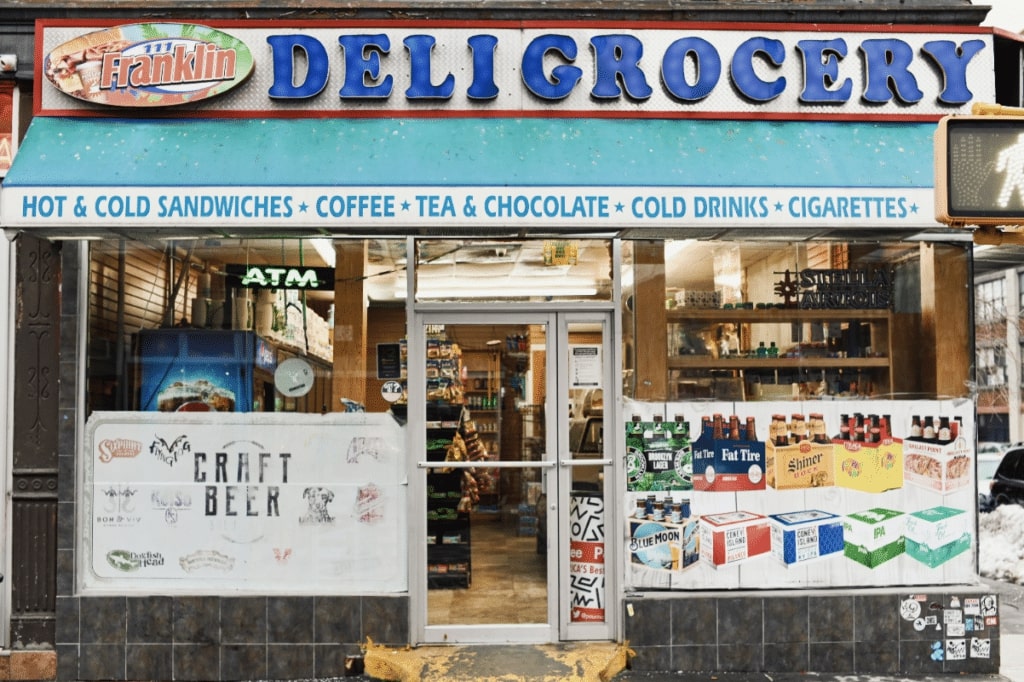Young people from countries with small population develop identity crises and they tend to look to migrate and become part of global causes (righteous or evil) in order to lead a life of significance
Adil Rasheed
The attack on former Maldivian president and current parliamentary speaker Mohammad Nasheed on May 6, 2021 has led to speculation that the assassination bid was planned either by Islamist extremists or his political opponents. In the initial hours after the attack, the 53-year-old Nasheed was in a ‘critical condition’ and underwent multiple surgeries to his head, chest, abdomen and limbs.
The Maldivian police termed the attack a “deliberate act of terror”, although no terrorist group has so far taken responsibility. The fact that the bombing was carried out during Ramadan points to the fact that only a terrorist group like ISIS could have justified such a dastardly act in the holy month. Many experts question whether ISIS would have resorted to a crude home-made device knowing it might botch up the assassination of a prominent leader.
Therefore, the finger of suspicion has moved to other Islamist groups within the country and even to Nasheed’s political opponents. Maldivian authorities are being currently helped by Australian police investigators in this regard.4 So far, the police have held three out of the “four people of interest” it said showed “suspicious behaviour at the crime scene”.
In the 1990s, when Maldives was ruled by then President Maumoon Abdul Gayoom, Nasheed was arrested more than twenty times for his protests and scathing publications against repressive government policies, be it over fraud in elections or over rampant corruption. In 2003, he played a key role in a civil unrest by requesting an autopsy on murdered teenage prisoner, Hassan Evan Naseem.
Democracy remains in a fledgling state in the Maldives and the presidency of Ibrahim Solih may face uncertain times ahead, given the impact of the pandemic on healthcare and tourism and the rising tide of radicalisation. Factors like the Israel-Palestine conflict and the unconditional withdrawal of US forces from Afghanistan by September 2021 add to the heady mix. Nasheed’s assassination attempt shows that Islamist wolves have already started baying at the gates.

At this time, it might be wise for India to not only continue supporting Nasheed’s ruling Maldivian Democratic Party, but also reach out to the democratically viable opposition parties that may restrict the malefic expansionism of China, Pakistan and other radical forces in and around that country. In this regard, the influence of Saudi Arabia and Gulf states, now India’s close friends in the region, can be called upon to ensure peace and security in the country.
Young people from countries with small population develop identity crises and they tend to look to migrate and become part of global causes (righteous or evil) in order to lead a life of significance. It is not surprising then that small states like the UAE and Qatar either build tall buildings like Burj Khalifa or host major events like the FIFA World Cup. This is undertaken to put their countries on the world map figuratively and enhance a sense of national pride that prevents their youth to look for fantastical identities outside their homes, cities and country.
India could help Maldives in hosting major international events or even help undertake unique architectural or landscape projects that might develop Maldives’ profile on the international level. India’s developed film industries in the southern states and in Bollywood as well as its sports leagues could promote Maldivian artistes and sportsmen. These initiatives could create celebrities and positive role models for that country’s youth to look up to.
Invitations to Maldivian Heads of State to major national events in India could also develop recognition and respect among Maldivians for their elected leaderships. Such measures could help Maldivians to divert their attention away from the negative influence of radical forces according false glory to their dubious causes, as well as to look up to India as a friend that wishes well for Maldives.
Greater cooperation in counter-terrorism and intelligence sharing, exchange of luminaries from the fields of religion to culture etc., and other similar steps could help India prevent Maldives from sliding into the morass of violent extremism and socio-political turmoil.
Dr. Adil Rasheed is Research Fellow at the Manohar Parrikar Institute for Defence Studies and Analyses, New Delhi
Views expressed are of the author and do not necessarily reflect the views of the Manohar Parrikar IDSA or of the Government of India
This is the abridged version of the article which appeared first in the Comment section of the website (www.idsa.in) of Manohar Parrikar Institute for Defense Studies and Analyses, New Delhi on May 20, 2021
















